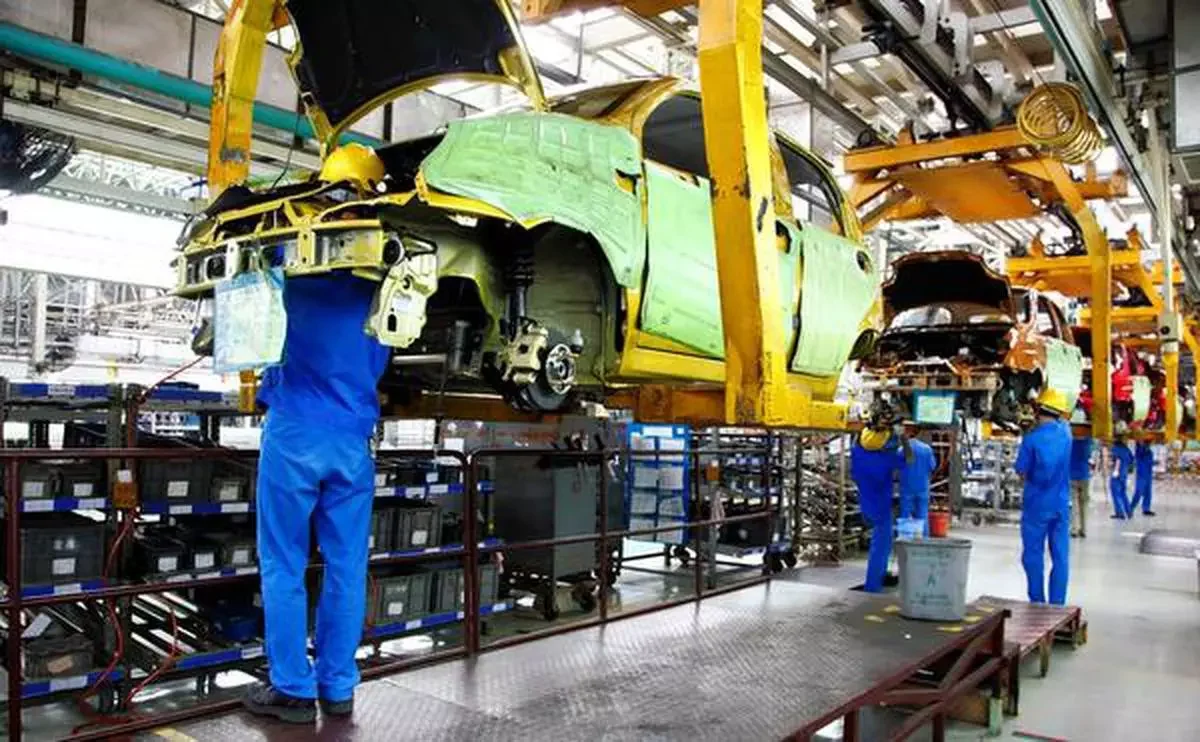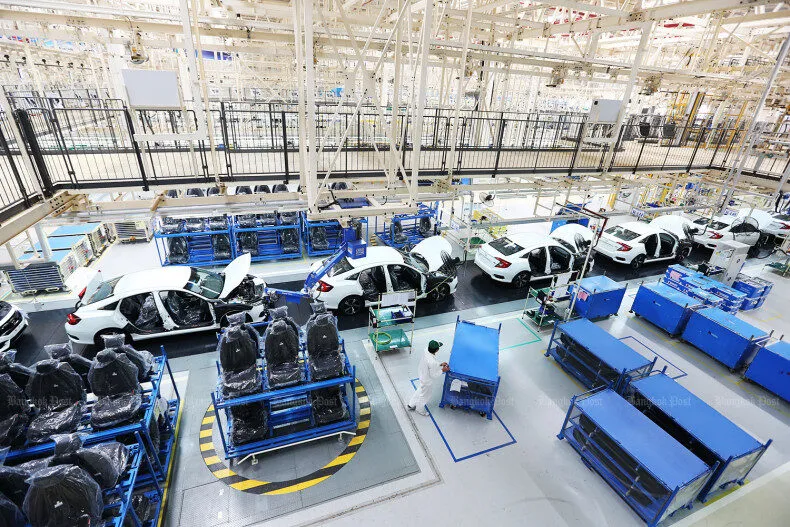The Bank of Thailand has expressed concerns about the uncertainty surrounding new car sales in Thailand this year and the increasing challenges facing the country’s automotive industry in the medium term.
According to a report from the Monetary Policy Committee (MPC) for the fourth quarter of 2024, new car sales this year are highly uncertain given the uneven recovery of the Thai economy.
The recovery in pickup sales is projected to lag passenger car sales. This slower rebound reflects the weaker incomes among prospective buyers of pickups, noted the report.
Passenger car sales are expected to improve from 2024, partly driven by the growing popularity of hybrid vehicles.
The purchasing power of consumers in the passenger car segment remains robust, supporting this growth, according to the report.
The report urges monitoring the used car market, suggesting slower growth in this segment may affect loan approvals for used cars.
However, used car sellers anticipate a drop in price competition this year because of a decline in the number of seized vehicles available for auction at the end of 2024.
In the medium term, structural problems and Thailand’s ageing society are key challenges for the automotive industry.
As the population ages, demand for new cars is expected to decline, potentially leading to market saturation in the medium term.

Shifting preferences among younger generations also pose challenges. Many young consumers prefer public transport, ride-hailing services via digital platforms, and car rental options over traditional car ownership.
These trends put additional pressure on the domestic vehicle industry.
The country’s automotive industry must adapt its operations to align with changing consumer behaviour, noted the report.
The industry should focus on transforming itself into a regional hub for electric vehicle production, according to the MPC.
Thailand’s automotive production contracted nearly 20% during the first 10 months of 2024 year-on-year.
Production for export was the main driver of this decline, shrinking by 52%, while domestic production fell by 5%.
As a consequence, the share of production for domestic use shifted to 31:69, compared with 25:75 the previous year — a marked change from the 48:52 ratio in 2019.
The contraction in the domestic automotive market is attributed to several factors, including structural issues, industry-specific challenges, and cyclical influences, according to the report.
The edited minutes of the MPC meeting held on Dec 13 and 18, 2024, also reported a significant increase in uncertainty for the Thai economy in the period ahead.
US economic policies, including tax and tariff measures, remain highly uncertain in terms of both their intensity and the implementation timeline.
These policies are subject to potential changes due to practical limitations and ongoing negotiations with trading partner countries.
Given the available information, the appropriate monetary policy approach should be robust, preserving policy flexibility to respond effectively to various potential scenarios and utilising a mix of policy tools in line with actual developments, noted the minutes.


